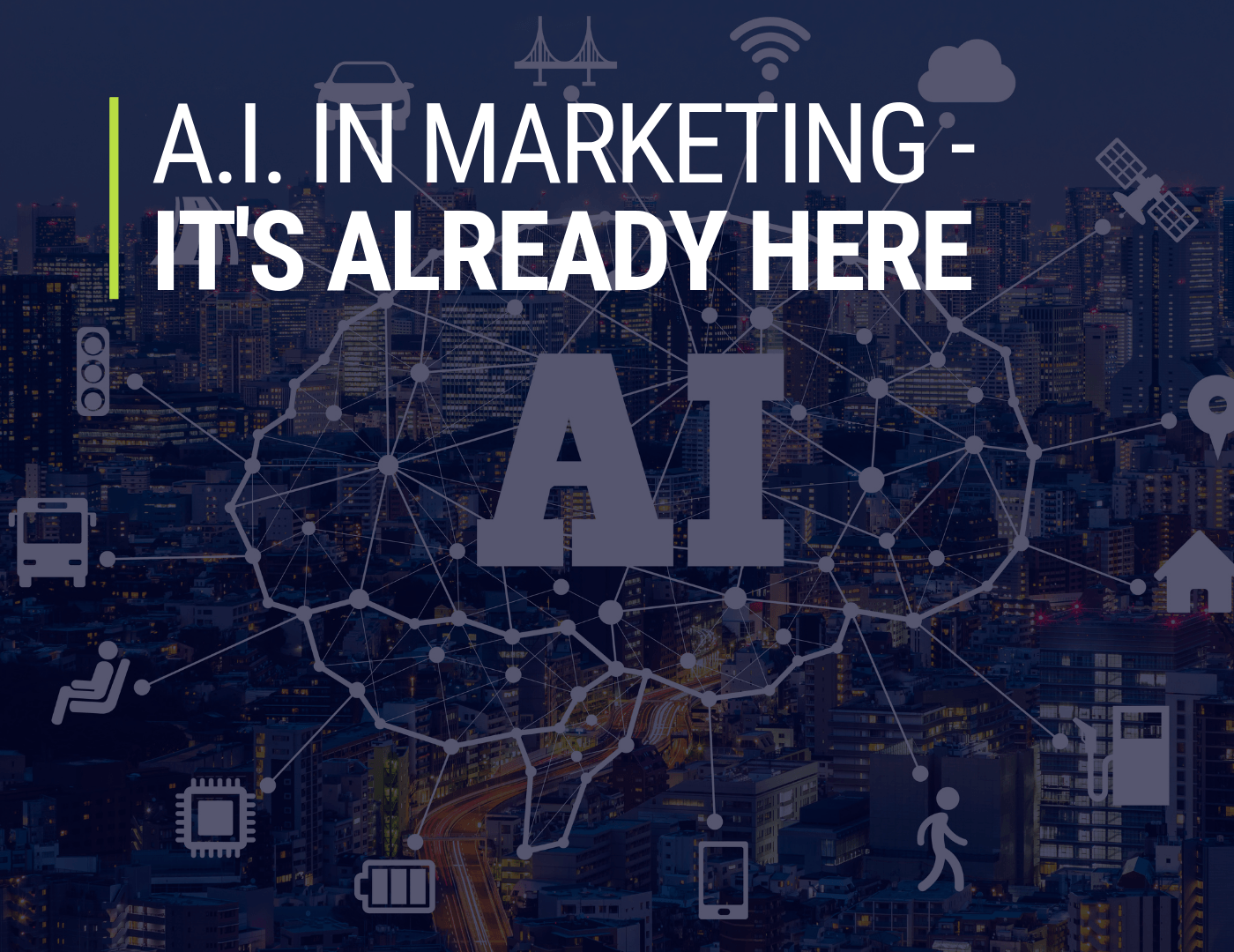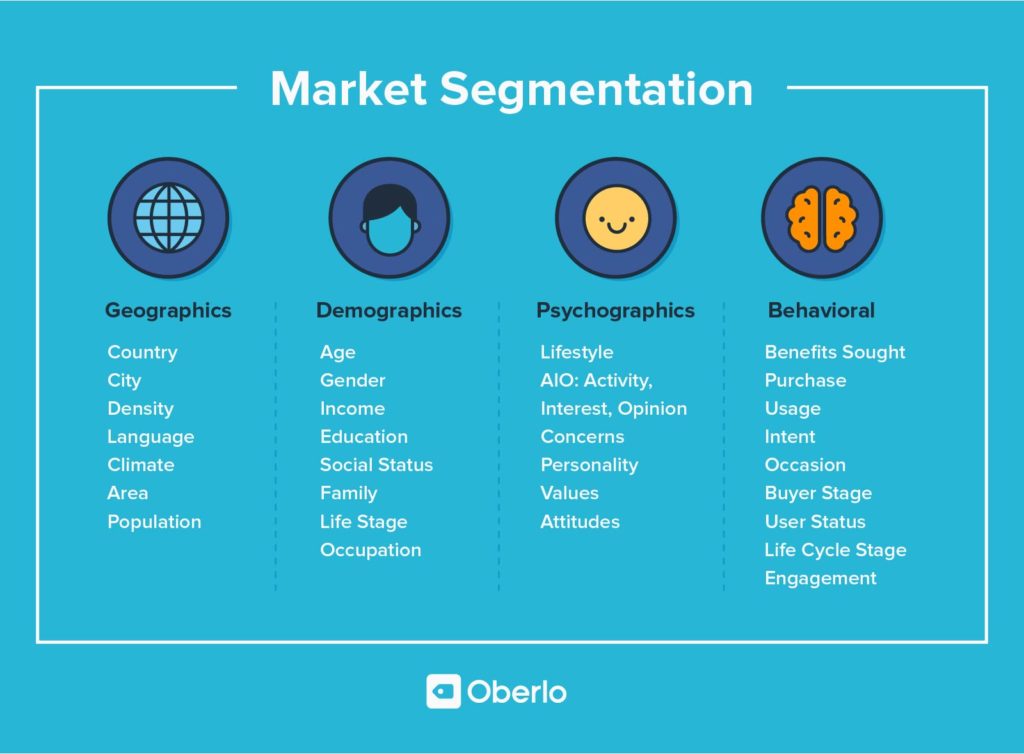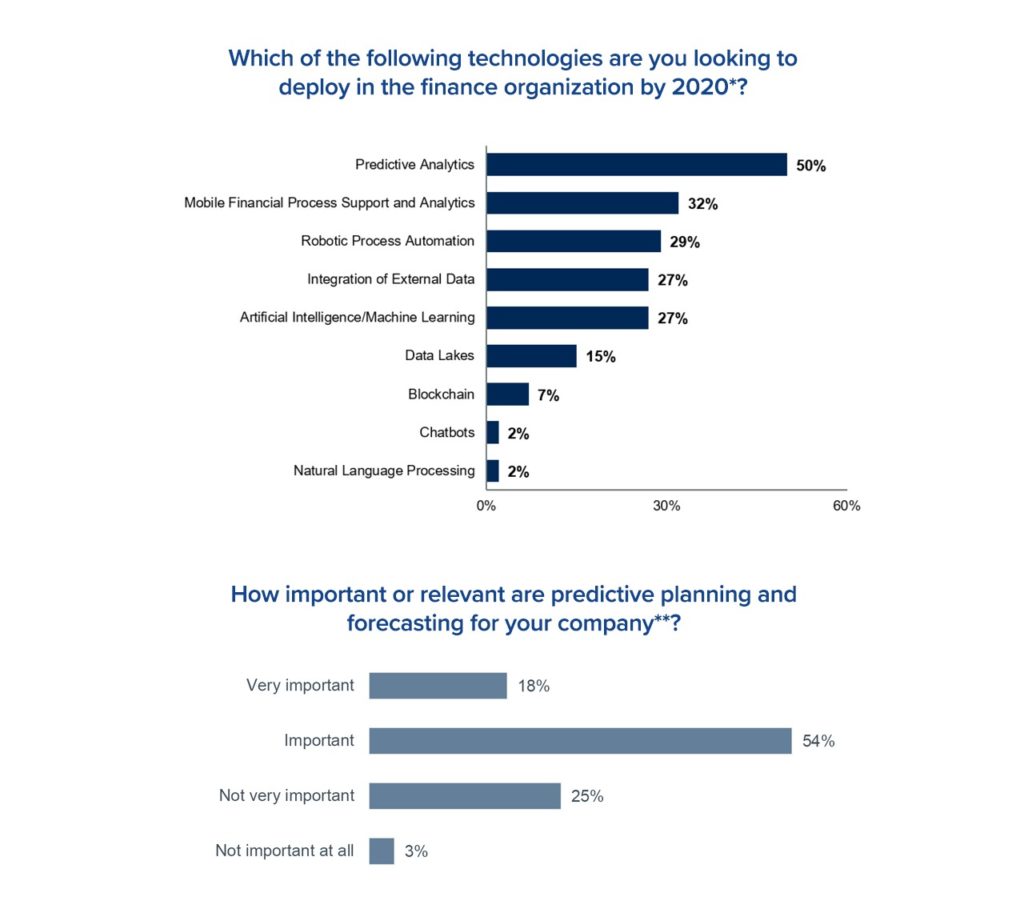

The internet has essentially become its own economy, with websites and applications offering a digital stream of revenue in various industries. But now that every company worldwide has an online presence, it’s turned internet marketing into a hotly contested space.
Gone are the days when marketing budgets were focused on print campaigns in newspapers and magazines. The internet is both the present and the future.
As technology evolves, so does the development of marketing tools and solutions. In particular, the rise of artificial intelligence (AI) has opened a brand new world of possibilities. In this article, we’ll cover some of the key ways in which AI is being used in cutting-edge marketing right now, and the ways in which you can use AI in marketing.
Basics of Artificial Intelligence
When people first think about AI, they usually picture robots coming to life and interacting with humans (in both good and bad ways). The reality of today’s AI systems is quite different than that image. Current tools are essentially large sets of algorithms that run through data sets to analyze and understand information.
The backbone of AI is built on machine learning and pattern recognition. First, the AI tool has to be taught what matters in a data set. This could be special keywords or certain pixels in images. Then the data set is expanded so that the AI engine can build a complex neural network.
Targeting Users and Ads

With traditional forms of advertising, targeting specific demographics was a challenge. You might have a general idea of what types of people watched certain TV shows or read certain magazines, but it was impossible to track how they responded and interacted with the marketing content.
In the online world of AI, companies now have a wealth of new options at their disposal. By integrating machine learning algorithms with advertising platforms, the technology actually grows smarter over time and allows you to be more precise in your targeting.
Groups of advertising targets are usually referred to as segments. These can be based on age, gender, profession, or even location. The ultimate goal is to ensure that individuals only see the advertisements that are most relevant to them, because that keeps them engaged with the content.
Advertising firms are even finding ways to integrate A.I. in marketing. By collecting and analyzing data, they can understand what types of ads work and which ones don’t. This can save the company time and money while allowing them to focus on the best paths toward a return on investment (ROI).
Natural Language and Image Recognition

Obviously when a user clicks on an item for purchase and adds it to their shopping cart, it indicates that they have a level of interest in it and may want to see relevant ads in the future. But with AI technology, the process of uncovering trends among users goes much deeper.
One big focus of AI tools is natural language handling, meaning the ability to parse written words and have computers analyze the meaning. For marketers, this can exponentially increase their knowledge about their customer base. Now when a person writes a text review of a product, it can be analyzed by AI and fed back into the development and marketing process.
Computers are also getting better at recognizing images and determining what is pictured in them. This is a major advancement, especially for mobile marketing, given that so many people use a smartphone as their primary camera and then share photos on social networks.
Smoothing Out Platform Bumps
While the marketing department might like to pretend that the website platform and technology associated with it are an IT thing and unrelated to marketing activities, deep down, everyone knows it’s not true. A poorly functioning website doesn’t inspire confidence in anyone, especially potential customers.
That’s where AI comes into the picture.
Though developers, web designers, and I.T. workers might be loathe to admit it, a handful of algorithms are probably better at keeping up with software and hardware changes than an office of humans. Those include things like installations, streamlining the infrastructure, improving performance, optimizing configurations, and detecting and preventing site problems faster and more efficiently than would ever be possible with manual labor.
A good example of A.I. in marketing is computer server uptime, which is the percentage of time a website is up and accessible online. According to recent reviews of top web hosts by research group HostingCanada.org, even 99.99% uptime is barely tenable as a business solution, as that still leaves almost nine days of downtime per year.
Many “cloud” based solutions have emerged from tech giants like Amazon (AWS), Google (Public Cloud), and Microsoft (Azure) to put AI to work, squeezing out another few decimal points which keeps businesses running in the off chance their computers go down.
Predicting Sales and Price Points

Companies make crucial decisions on an everyday basis, relying on raw data and analysis as much as possible. The advancements in A.I. in marketing have taken this process to a whole new level, because of how algorithms have shown the ability to understand past patterns and forecast into the future.
For example, marketing teams today rely on AI-based systems to study sales results and predict levels of future performance. This has also proven to be incredibly helpful when companies need help finding the right price points for certain products and services. AI tools can analyze how users react to products at different costs and determine the optimal price.
How Can I Use AI?
AI is now such an important part of marketing, for everyone from huge multinationals to your local plumber, that if you do any kind of marketing, you are probably using it. You might not notice, but AI technologies underpin many common marketing tools.
Because these tools come with AI embedded, they are an easy way of starting to use the power of AI in your business. If you’re keen to do that, take a look at the following tools:
- Nudge, for instance, is one of a group of AI-driven tools that allows you to analyze the way in which you interact with your customers, and will make specific suggestions as to how you can improve your relationship with them.
- You might already be using another tool, Grammarly, without realizing that it is based on AI technology. If you are not, check it out: this is an advanced writing tool that will automatically check your text for mistakes, and even make suggestions that can help your writing engage more directly with your customers.
- ChatFuel is among the best of a relatively new type of tool: chatbots. The chatbots that are provided by this tool will automatically greet your customers when they visit your site, and can respond to the most common queries they have. That frees you up to focus on what is important.
- Astro is an email marketing tool that uses AI to manage your email outreach campaigns, and to manage your inbox for you. It will draw your attention to the most important messages and contacts, and can greatly increase the efficiency of your outreach.
These are just a few of the tools available. In fact, AI is now so embedded in marketing that it is difficult to think of a new marketing tool that doesn’t use AI to some extent.
So if you’re looking to harness the power of A.I. in marketing in your business, and whether your business is a huge multinational or a local florist, check out what these tools can do for you.
Final Thoughts
The internet has revolutionized how companies run their marketing and advertising efforts, with artificial intelligence marking a major milestone in this progression. The most successful businesses in the world today use data science and analysis to understand their existing customers and the keys to acquiring new ones.
Companies who are slow to adopt A.I. in marketing will see a drop in the return on investment of their marketing efforts. This is because they are likely advertising to the wrong people with the wrong kind of content. AI helps you avoid those pitfalls, taking huge sets of data and finding patterns that will lead to success.



Brew City Marketing is a Milwaukee-based digital marketing and web design agency helping businesses grow online since 2009. Our team specializes in custom WordPress development, data-driven SEO strategies, and advanced AEO/GEO frameworks that improve visibility across Google Search, Maps, and AI-powered search experiences. Through ongoing marketing programs and a focus on long-term results, we make digital marketing clear, effective, and accessible for businesses throughout Wisconsin and nationwide.



